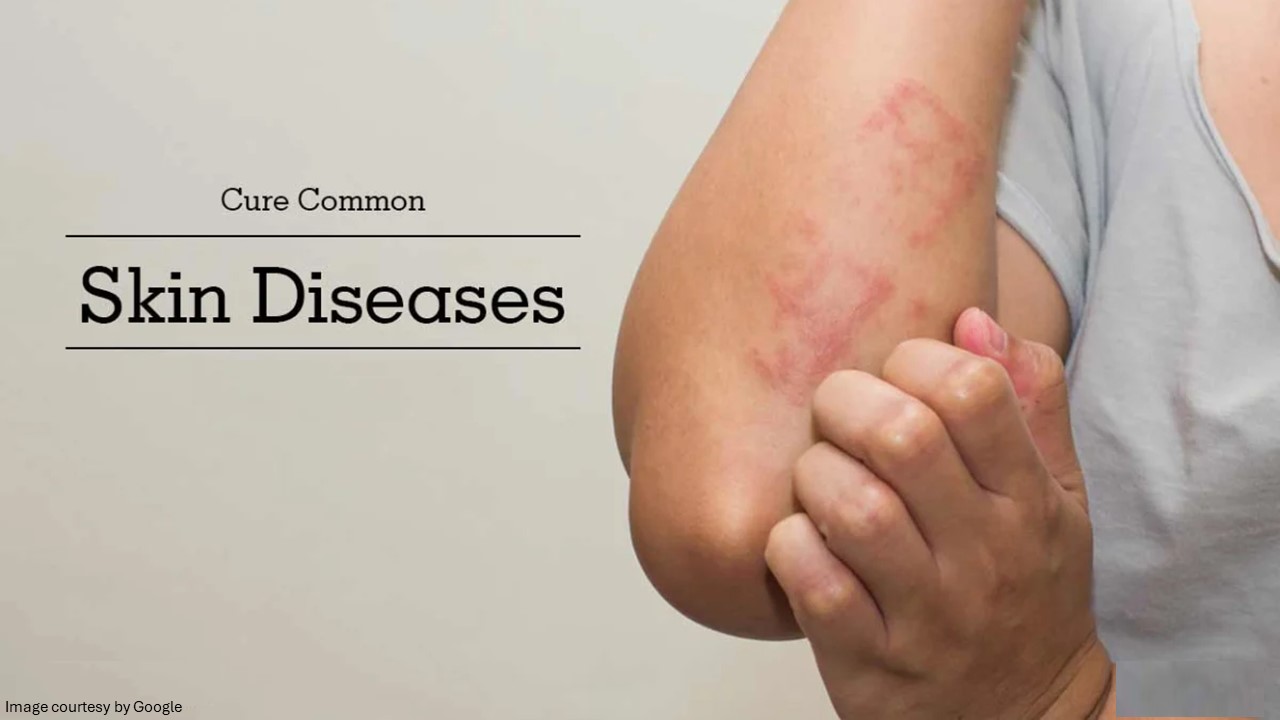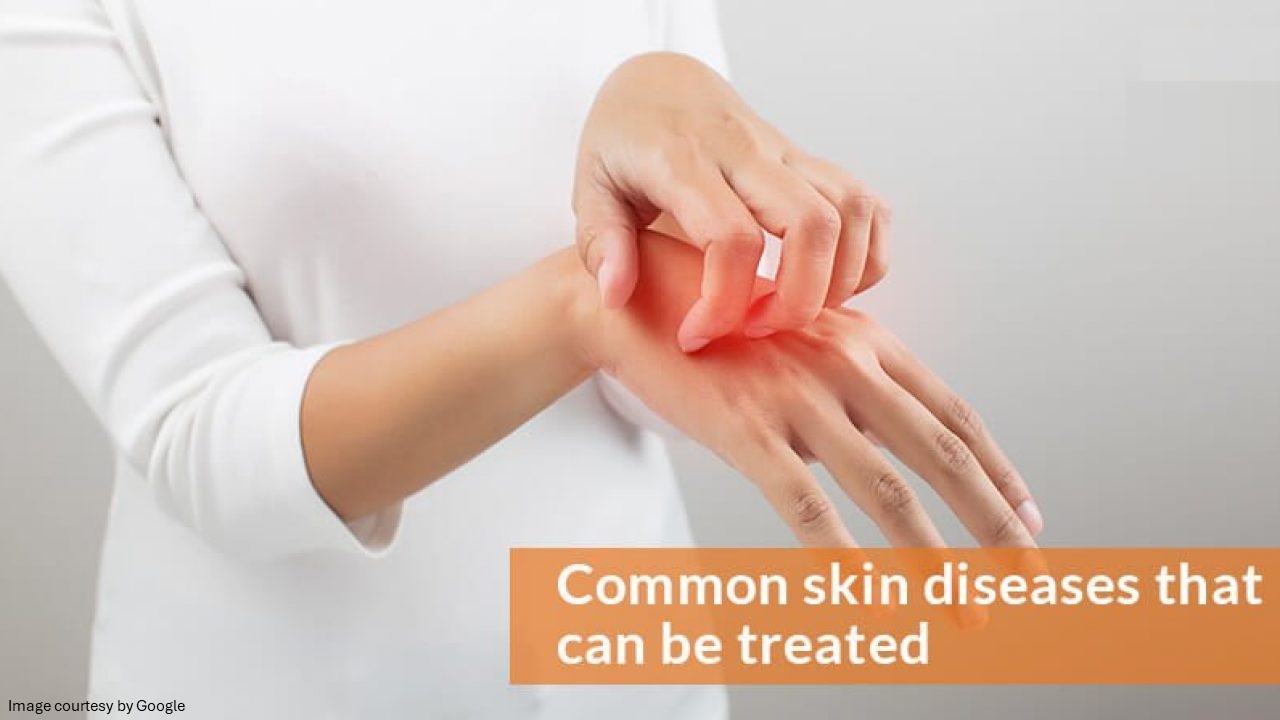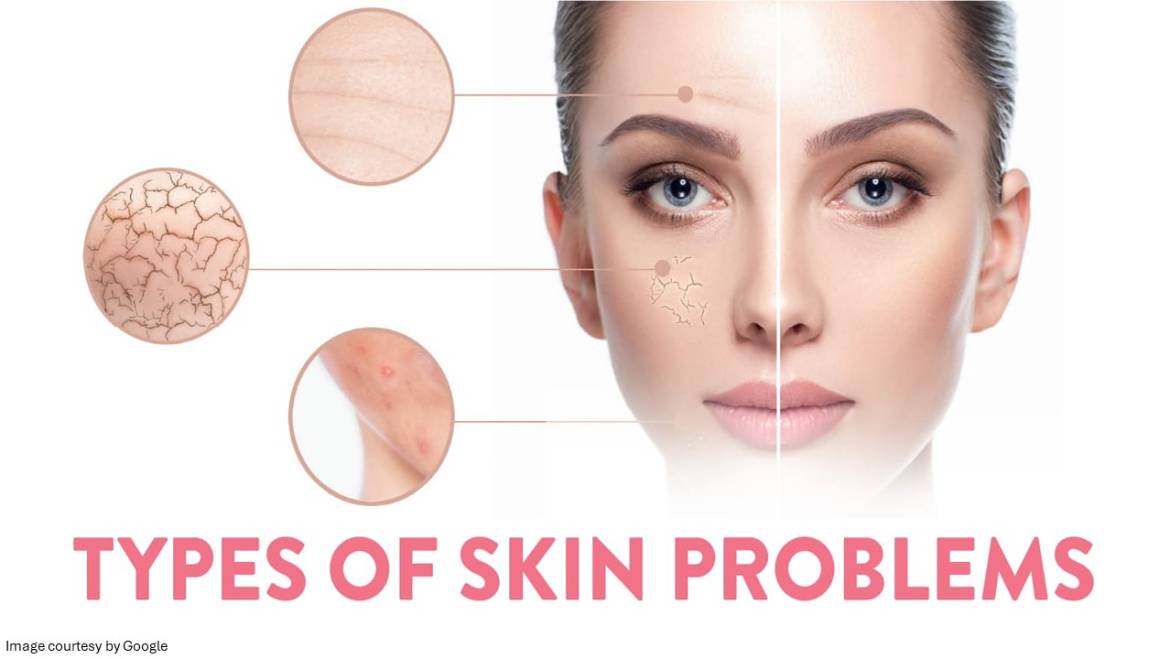Skin diseases vary greatly in symptoms and severity. Depending on the skin condition, they can be temporary or permanent and sometimes painless or painful. Understanding the most common causes of skin problems requires further research. This guide will help you know the common causes of skin issues, skin diseases, types of skin rashes and how to avoid them.
Skin is a complex organ that shows different physiological and pathological characteristics through age due to the continuous interaction of certain factors. These include genetic factors, hormones, infections, irritative or sensitizing factors, etc. Your skin performs many functions, and these include:
- Hold in fluid and prevent dehydration
- It helps you feel different skin sensations, such as temperature or pain
- Keep away the bacteria, viruses, and other infection causes
- Maintains your body temperature
- Create vitamin D in response to sun exposure.
Skin diseases include all those conditions that clog, irritate, or inflame your skin. Often, skin disorders cause rashes or other skin changes.
The most common types of skin issues/disorders
Skin lesions/conditions have situational causes; few arise due to genetic deposition. Some skin disorders are mild and resolve on their own, and others can be extremely severe, and they may cause life-threatening effects.
Acne:
The most common skin disorder in the US is acne. This skin issue can be a source of anxiety in teenagers if the condition is severe. Also, the incidence of acne is growing in adults. One of the major reasons behind acne is blocked hair follicles and oil glands of the skin, often triggered by hormonal fluctuations in the body. Acne skin problem on face may appear as pimples, blackheads, whiteheads, cysts, and nodules. Some people may get acne on the other parts of the body, such as the neck, chest, back, and forearms. One should visit a dermatologist to treat severe cases, and if left untreated, it can often lead to permanent scarring and dark facial spots. For moderate to severe acne, the following treatment options must be used:
- Topical tretinoin (Retin A, Tretinoin, or Retino A cream): Discuss using these top skincare productswith your dermatologist as tretinoin preparations should not be used during pregnancy unless needed and the benefits outweigh the risk to the fetus.
- Adapalene gel (Differin gel): The gel preparation decreases acne’s number and severity and promotes quick healing of pimples to develop. The product containing adapalene affects the growth of cells and decreases swelling and inflammation associated with acne.

- Oral treatments: In severe acne cases, dermatologists prescribe oral isotretinoin, but oral medication comes with serious pregnancy warnings. This medicine should not be given to female patients who may become pregnant. An extremely high risk of severe congenital disabilities is associated with oral isotretinoin in pregnant women. You can buy Differin gel or other skincare products online at an affordable rate.
- Topical tazarotene (Tazret forte cream, Tazret gel) and benzoyl peroxide are other topical prescription treatments for acne.
2. Sunburn:
Sunburn develops when there is excessive exposure to ultraviolet rays. Too much sun exposure may make your skin turn red, painful, and may even peel away. Even with protective clothing and sunscreen protection, it is still unknown how much time is safe in the sun. Sunburn can also lead to skin discoloration disease, and repeated sunburns can increase the risk of cancer in the future. Usually, sunscreen needs to be reapplied every two hours, but staying away from the sun is equally important. To treat sunburn, get inside as much as you can. Follow these steps to treat sunburn:
Take a cool shower with a mild soap
- Hydration is a must, so drink plenty of fluids and moisturize the skin with a light moisturizer when the skin is still damp.
- Home remedies such as aloe vera can sometimes reduce sunburn and common skin rashes.
- Taking a non-steroidal anti-inflammatory drug such as ibuprofen can help relieve the discomfort or swelling.
- You must talk to your doctor if you have a fever, chills, and severe blistering over a large portion of your body.
- Atopic dermatitis –Also known as eczema, is commonly seen in children. The exact cause of this skin condition is still not understood. Still, clinical researchers believe that genetics, environment, and immune system interference may cause atopic dermatitis. Eczema mostly affects infants. It can appear on the face, hands, feet, or in the creases and folds of the skin. The symptoms include itchy, dry, and scaling skin. Furthermore, constant scratching may lead to a thickened area. In adults, topical steroids are often used to lessen the symptoms.

- Contact dermatitis:Contact dermatitis is a type of eczema. To control symptoms, antihistamines oral or topical steroids are often helpful. Oral medication, including Allegra, effectively reduces itching and redness associated with eczema.
The most common types of skin rashes may include fleabites, rosacea, fifth disease, diaper rashes, drug allergies, etc.
Learning proper skin treatment for skin diseases is necessary for skin health. Some skin conditions are harmless, while others cause severe distressing symptoms. Teaming up with a dermatologist can ensure a correct diagnosis and help you get the best possible skin problem solution. Buy top skincare products online to get the best deals and doorstep delivery.



